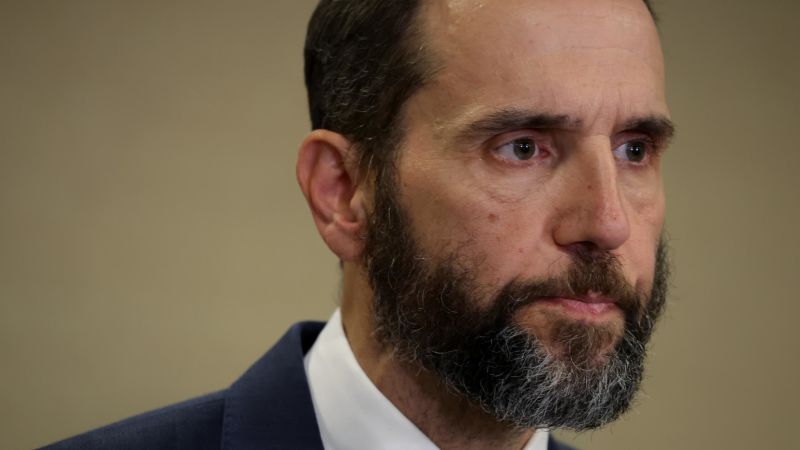Federal prosecutors had to decide whether to indict Donald Trump in Washington, DC, or Florida for mishandling classified documents. They ultimately charged him in Florida, where the case has taken a notably different path than it would have in DC. DC judges, such as Judge James Boasberg, showed more skepticism towards Trump’s defenses compared to the Florida judge, highlighting potential differences in the case’s progress and outcome.
The case against Trump for mishandling classified documents has been stalled in Florida, with Judge Aileen Cannon showing reluctance to make rulings on crucial issues. Prosecutors have requested a gag order to limit Trump’s comments, similar to a gag order imposed by another judge in DC in a separate case related to the 2020 election. Trump’s defense team has been trying to exploit the choice to move the case to Florida, hoping for a different outcome than if the case had remained in DC.
Judge Beryl Howell’s ruling before the indictment against Trump provided a roadmap for Judge Cannon to consider attorney-client privilege issues. However, Cannon has been slow to schedule a hearing on the topic and has been more reluctant to rule quickly on issues compared to DC judges who have handled Trump-related cases. The defense team is challenging key aspects of the case that were already ruled on in DC, leading to delays in the Florida proceedings.
The different approaches by DC judges and Judge Cannon in Florida can be seen in their handling of Trump’s defense arguments. DC judges like Howell and Boasberg ruled on fundamental issues promptly, such as allowing testimony from Trump’s former attorney in the grand jury. In contrast, Cannon has given more latitude for arguments, leading to delays, and attempts to divert attention from the central issues of the case.
The unsealed rulings from DC judges reject requests made by Trump and his co-defendants to move confidential grand jury records to Florida. DC Judge Boasberg warned about the confidentiality of grand jury records being compromised if they were transferred to another court not familiar with the case’s history. The defense team’s efforts to seek past records were criticized as a “fishing expedition,” highlighting the differences in judicial approaches between DC and Florida.
Judge Cannon, a Trump appointee with less experience than the DC judges, has faced challenges in handling high-stakes cases involving national security issues. The slow progress in the Trump case in Florida, compared to the efficiency of the DC judges in handling similar cases, has raised concerns about the thoroughness and speed of the proceedings under Cannon. The differences in approach and experience among the judges involved in the case could impact its outcome and timeline.













